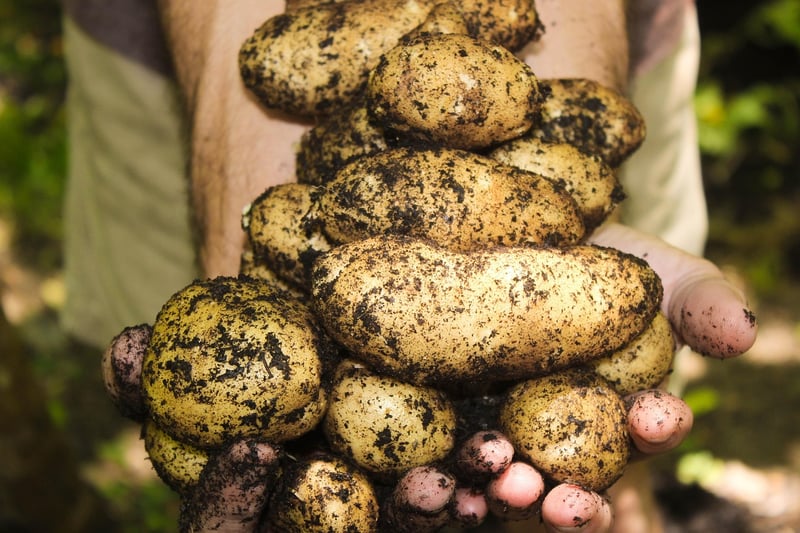Organic Gardening
Eco-Friendly Garden Solutions and Organic Gardening

Introduction
Welcome to a guide on creating a sustainable and eco-friendly garden through organic gardening practices. By implementing these solutions, you can not only nurture a beautiful garden but also contribute positively to the environment.
Benefits of Organic Gardening
- Reduces exposure to harmful chemicals
- Promotes biodiversity
- Improves soil health
- Produces healthier and more nutritious produce
- Supports pollinators and beneficial insects
Eco-Friendly Garden Solutions
1. Composting
Utilize kitchen scraps, yard waste, and other organic materials to create nutrient-rich compost for your garden. This reduces waste sent to landfills and enhances soil fertility.
2. Rainwater Harvesting
Collect rainwater in barrels or tanks to use for watering your garden. This conserves water, reduces your water bill, and provides plants with natural, chlorine-free hydration.
3. Natural Pest Control
Avoid chemical pesticides by using natural alternatives like neem oil, diatomaceous earth, or companion planting to deter pests and attract beneficial insects.
4. Mulching
Apply organic mulch such as straw, leaves, or grass clippings around plants to retain moisture, suppress weeds, and improve soil structure.
Conclusion
Embracing eco-friendly garden solutions and organic gardening practices not only benefits your immediate surroundings but also contributes to a healthier planet for future generations. Start implementing these methods in your garden today and enjoy the rewards of a sustainable and thriving outdoor space.
For more information on organic gardening, visit www.organicgardening.com.
